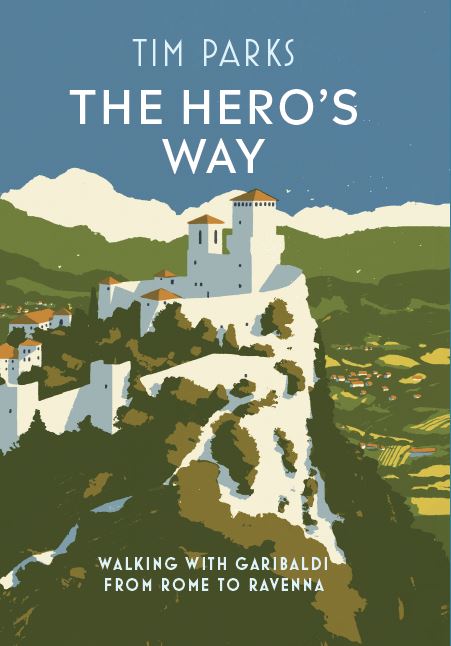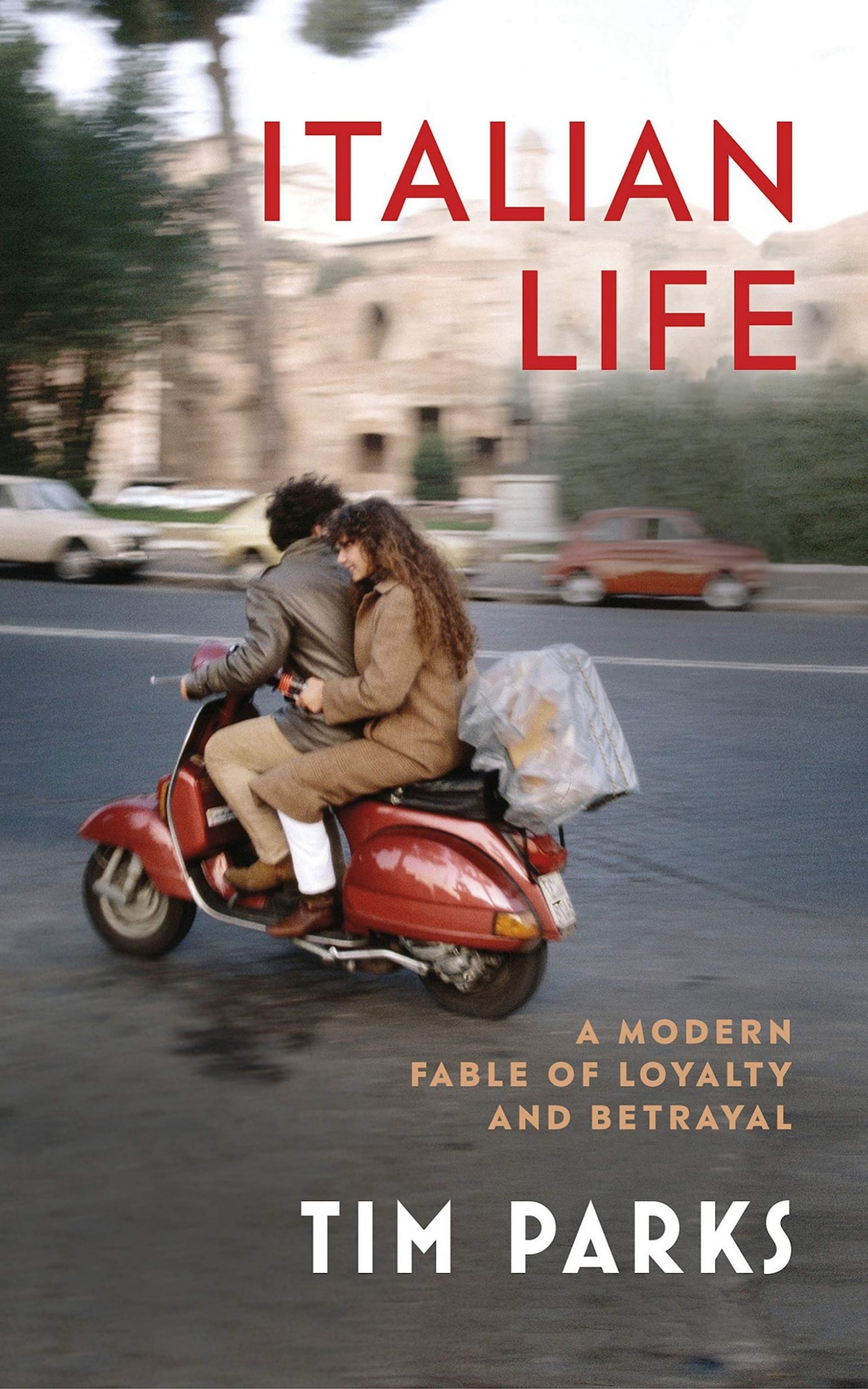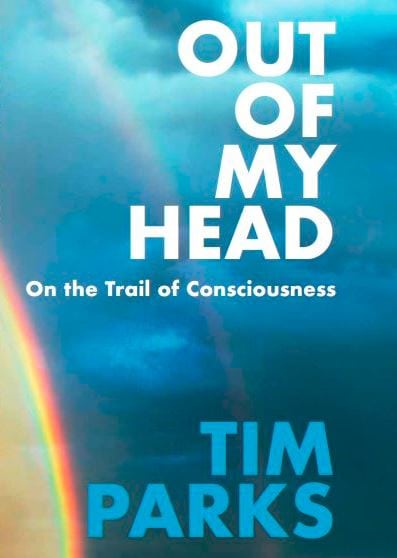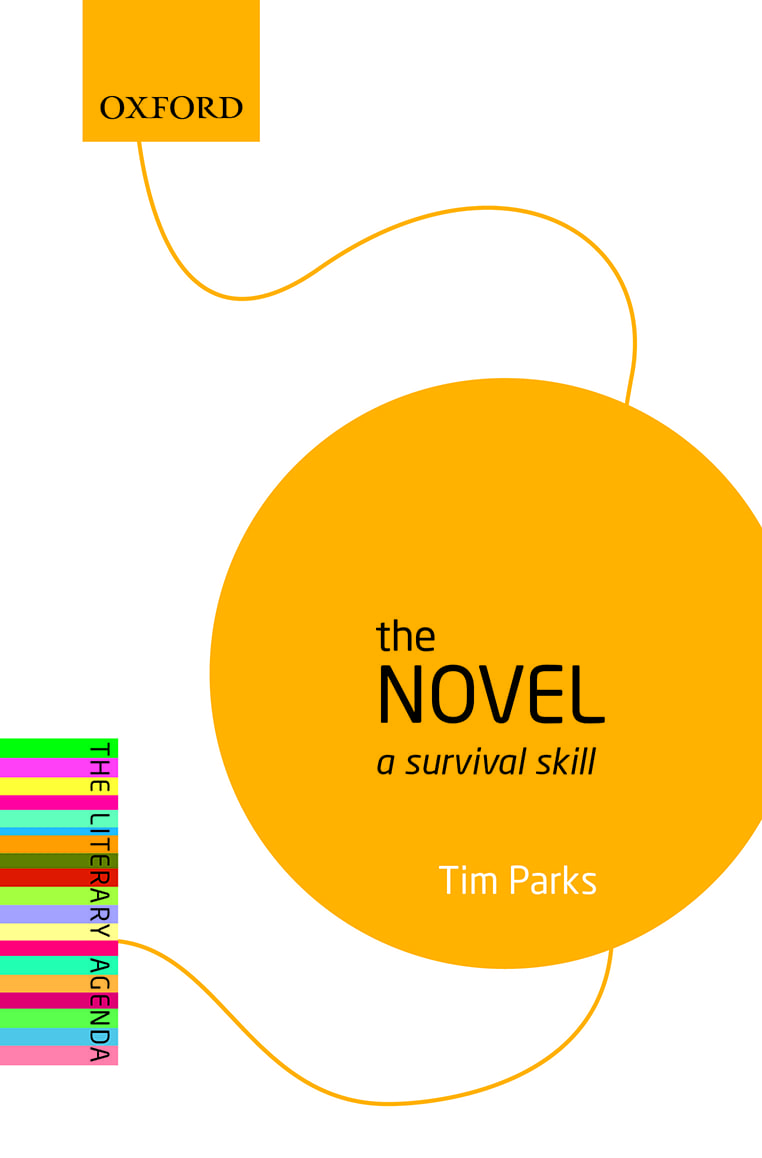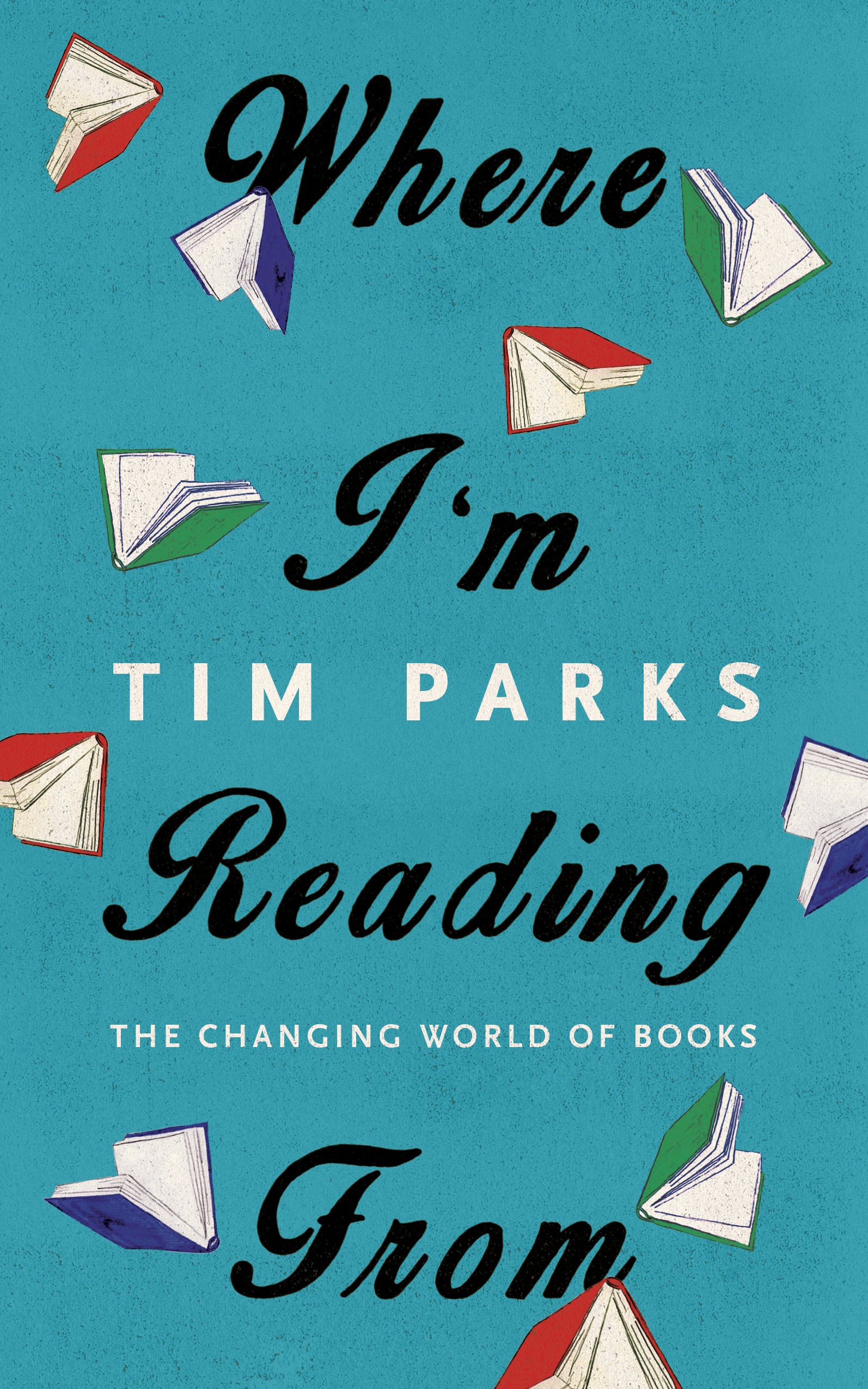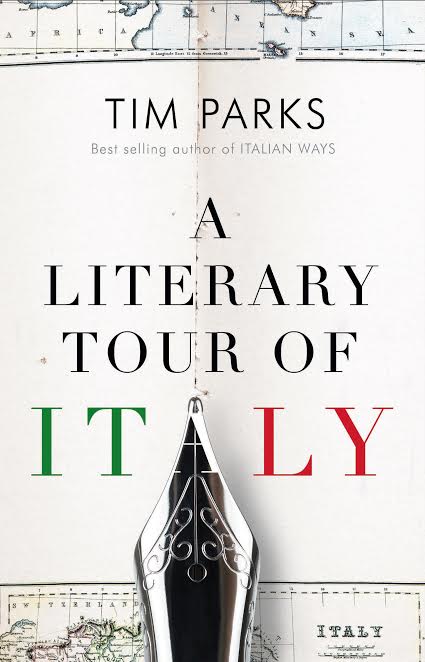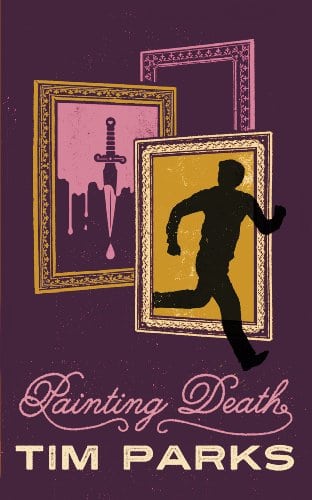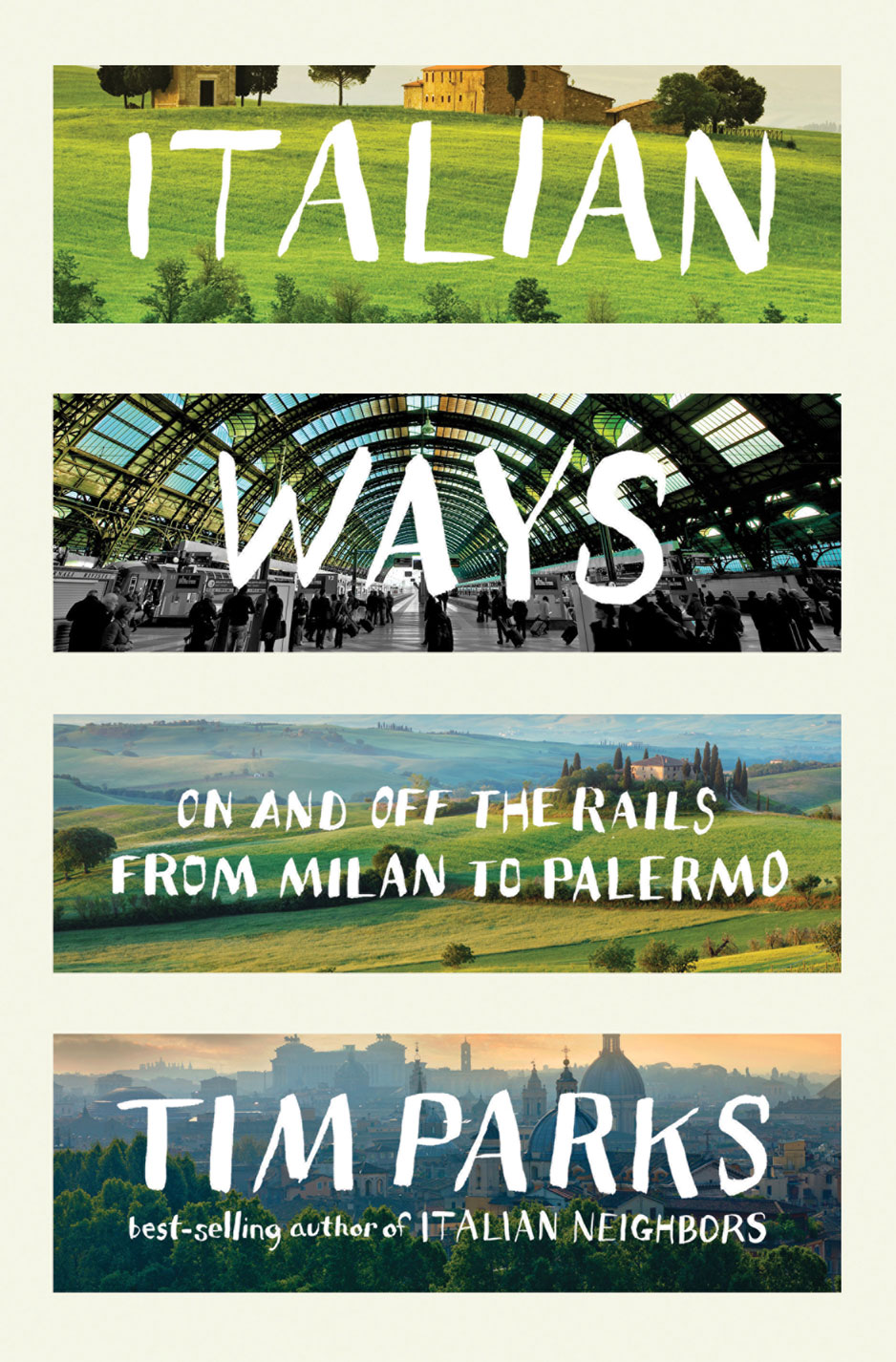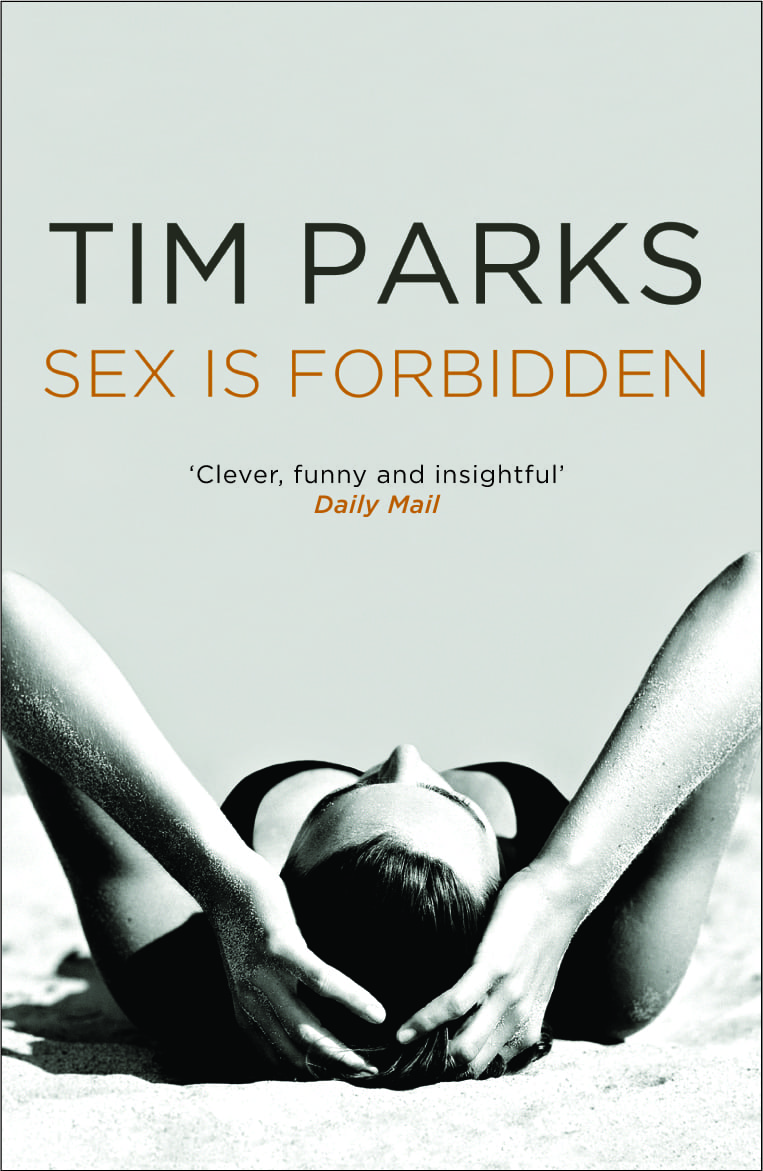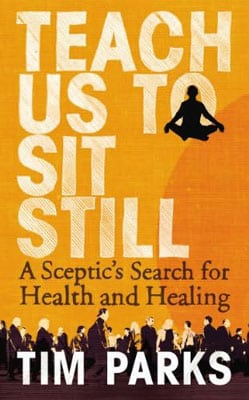Literary essays with all the clarity and sensual detail of great fiction
The Observer
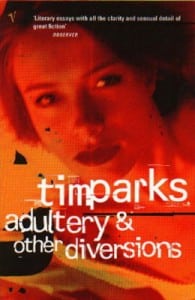 After I had finished Europa but before it came out, the publisher Harcourt Brace asked me to write a piece for a book called Men on Divorce. They had had some success with an earlier title Women on Divorce and they wanted a repeat: basically men telling (they used the word ‘sharing’) the true story of their divorce, its reasons and horrors, etc. I replied politely explaining that, amazingly, I was not divorced, but suggesting that people who stayed married maybe did so because they had thought more about divorce than others. I would be happy to contribute a piece, I said, so long as I didn’t have to say anything about my own life. They agreed. I rewrote the story behind Europa, a true story of adultery and divorce, but this time in essay form. It was a revelation. I became terribly excited by the way, over a distance of maybe ten to fifteen pages, you could make intellectual reflection, quotation, and a good story fizz together to generate an entirely different kind of excitement than that produced by story or essay alone.
After I had finished Europa but before it came out, the publisher Harcourt Brace asked me to write a piece for a book called Men on Divorce. They had had some success with an earlier title Women on Divorce and they wanted a repeat: basically men telling (they used the word ‘sharing’) the true story of their divorce, its reasons and horrors, etc. I replied politely explaining that, amazingly, I was not divorced, but suggesting that people who stayed married maybe did so because they had thought more about divorce than others. I would be happy to contribute a piece, I said, so long as I didn’t have to say anything about my own life. They agreed. I rewrote the story behind Europa, a true story of adultery and divorce, but this time in essay form. It was a revelation. I became terribly excited by the way, over a distance of maybe ten to fifteen pages, you could make intellectual reflection, quotation, and a good story fizz together to generate an entirely different kind of excitement than that produced by story or essay alone.
And so I put together this book, each piece written separately and where possible sold separately, but always with the whole in mind, each one trying to fasten on that moment when an experience suddenly illuminates a whole area of knowledge or reading we already had – Yes, now I understand it! – or alternatively the mental encounter when we discover a book, an author, who at last makes sense of experiences that had remained entirely enigmatic. There are also some good stories, I hope, and even better anecdotes. A ghost story, a tale of football and infidelity, an account of a trip with the Benetton public relations crew… As I worked – how wonderful it is when you come across a new way of doing things! – it seemed to me I had at last found a form which explained the relationship between a harrowing novel like Goodness and a rather amenable account of the world like An Italian Education. I wish I could do another like this, but somehow I know I can’t.
Short takes
Discursive and intuitive … there are 13 pieces, all worth lingering over, leaving you with the feeling you might have if you’d spent the night drinking on a warm café terrace discussing with some well-disposed intellectuals the meaning of everything
The Independent
Each essay displays a humanity, grace and lucidity that illuminates his writing…Duty or diversion, glory or mundanity: Parks teases out the implications these weighty concepts have on our lives. That he succeeds is due to his skill as a storyteller and his lightness of touch in meting out his considerable erudition
The Independent on Sunday






